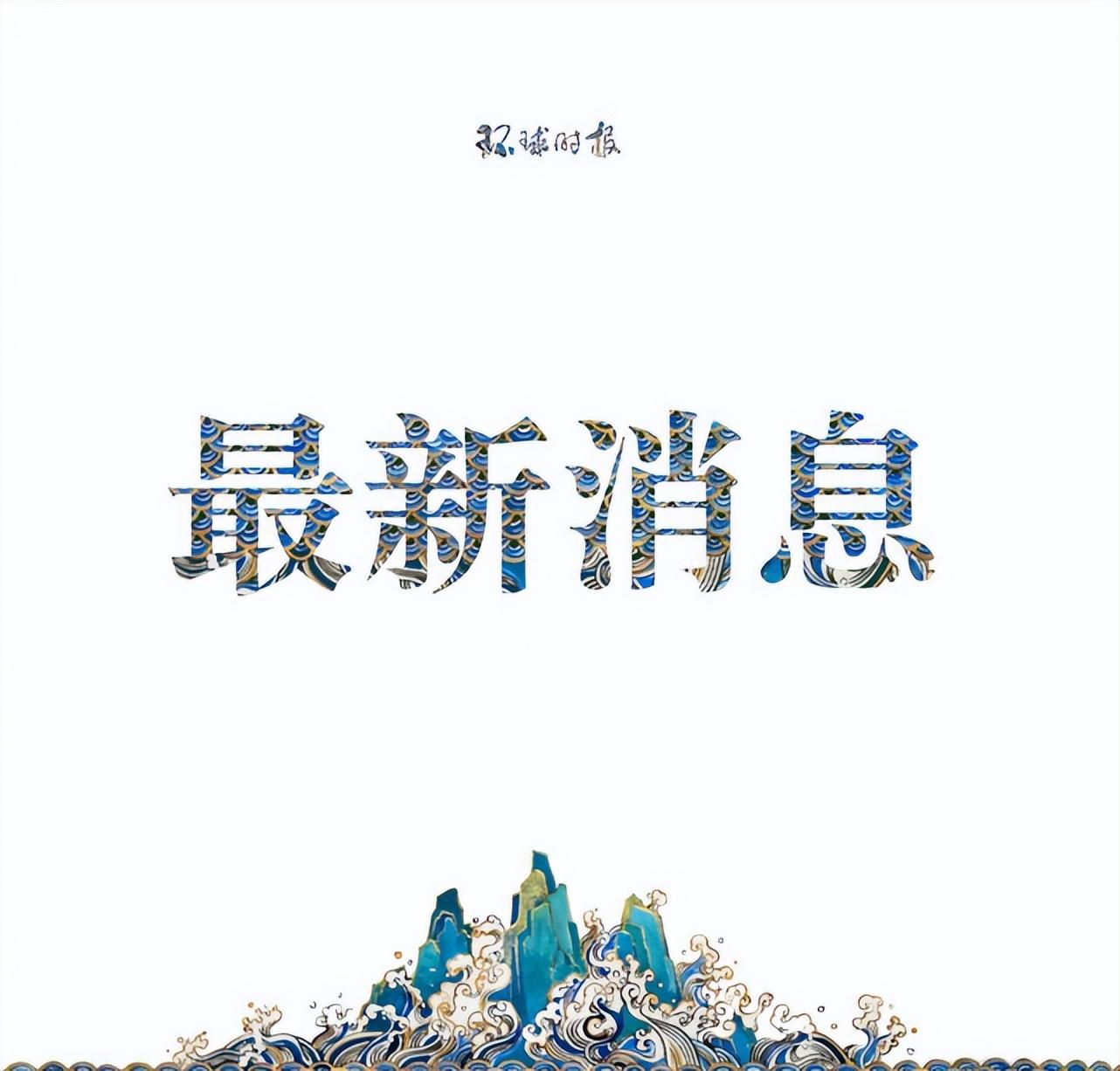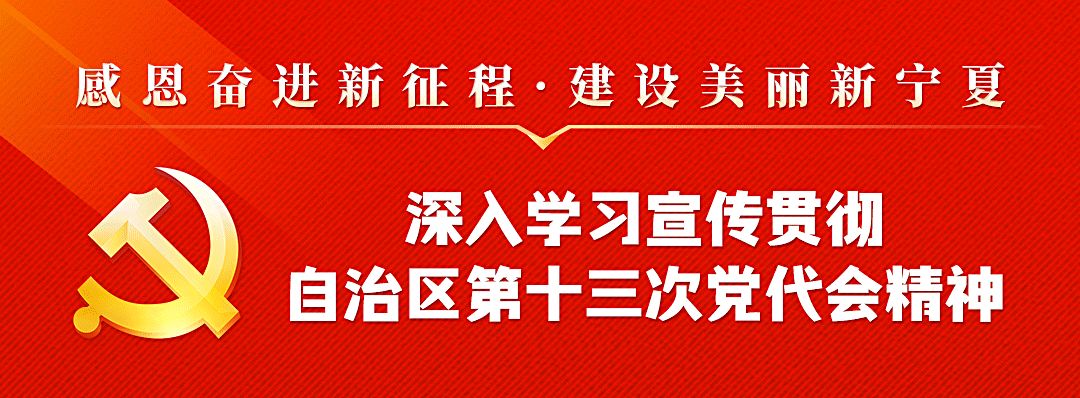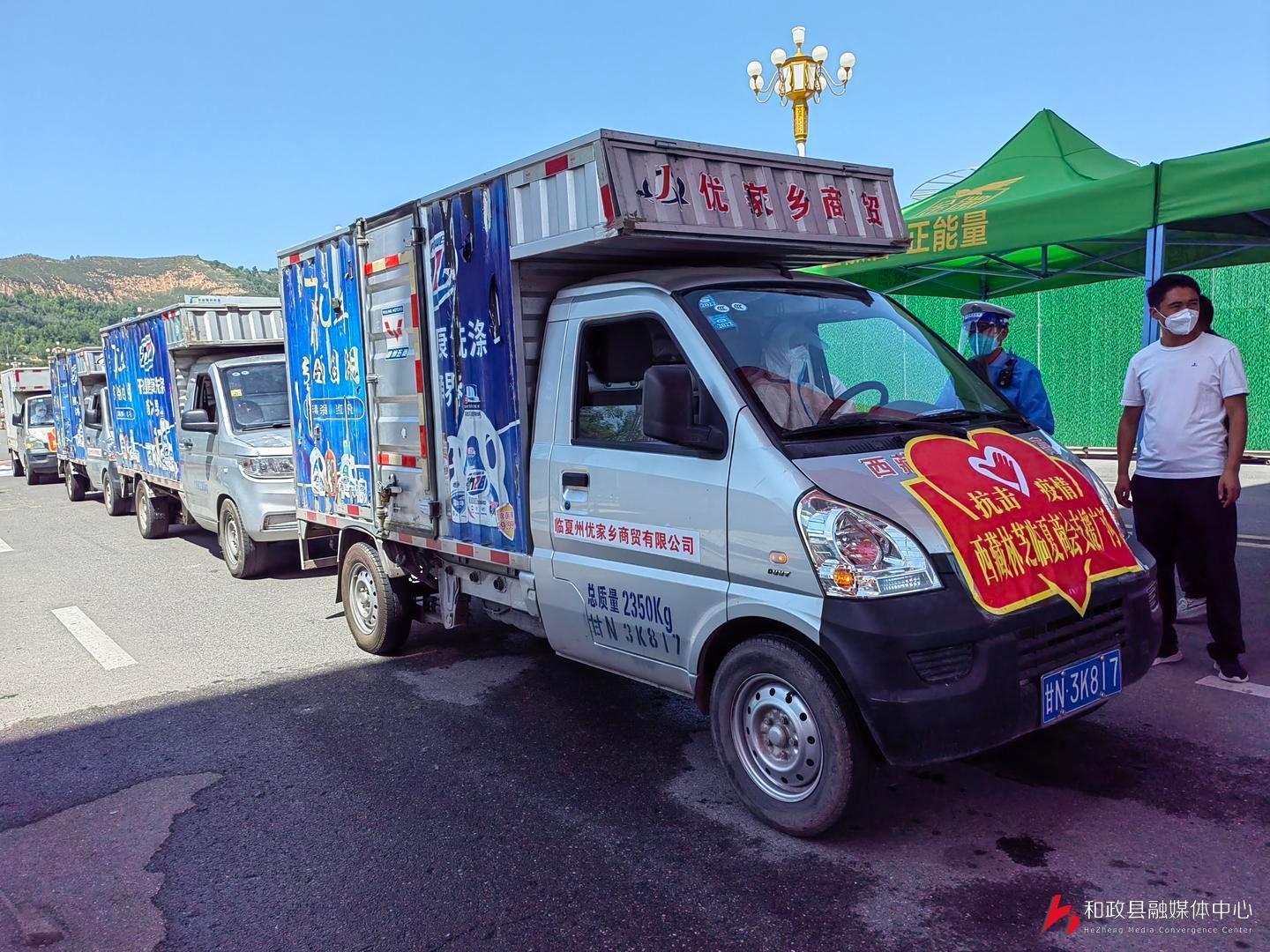Japanese media: India's move is not that simple
Author:Global Times Time:2022.08.28

"Japan Economic Shimbun" published an article entitled "Why India is Buying Russian Petroleum with" low price "explanations" on August 23. The full text is as follows:
In the middle of this month, when the Indian Foreign Minister Su Jiesheng visited, he once again emphasized the increase in the purchase of Russian oil.
On the 24th, Russia and Ukraine conflict for half a year. The Seventh Kingdom Group (G7) proposed the policy of prohibiting the import of Russian oil in principle, but most emerging market countries did not agree with this, but preferentially considering their national interests. Essence
The world's third largest oil importing country has begun to "buy" Russian oil from April.
According to the statistics of the Indian Ministry of Industry and Commerce, Russia ranked only 11,000 barrels per day in the source of oil imports in India in 2021. But by April this year, from Russia's oil imports to 390,000 barrels per day, in May increased to 650,000 barrels, in June, reaching 980,000 barrels, and Russia ranked second.
What kind of national interests do India realize Russia's oil? There are three main aspects.
The first is to deal with inflation. In July, the Indian Consumer Price Index (CPI) rose 6.7%. Although the 7.8%peak in April was decreased, it had exceeded the policy goals for 6 consecutive months.
The second is to improve trade revenue and expenditure. India hopes to prevent the depreciation of the currency and the rising prices of imports, and then further expand the vicious circle of trade deficits. 85%of Indian petroleum consumption relies on imports. Now the amount of oil procurement accounts for a quarter of the total imports. The government hopes to stabilize the price of oil procurement and inhibit the expansion of trade deficit by reducing the cost of oil procurement.
If the feeling of buying Russian oil is no longer, will India restore the original oil procurement strategy? If the third factor is energy security, it will feel that things are not so simple.
The researcher at the International Intelligence Department of Mitsui Products Strategic Research Institute said: "The Indian government has always had a sense of crisis for serious dependence on petroleum." There are two risks of rising prices and supply interruption in energy security. On the one hand, it is because India strongly aware of the first risk, and once the oil price is stable, it will also help cope with the second risk.
From the perspective of prevention of major incidents such as disputes, terrorist attacks, and blocking maritime transportation channels, the Middle East oil supply is blocked. India's approach is the same as Japan, that is, the use of Russia to realize the diversification of oil supply.
Earlier, a spokesman for the Indian ruling party made an improper remark on the prophet Muhammad, which aroused the anger of the Middle East country.
Purchasing oil from Russia can not only disperse risks, but also can be used as a major consumer country to increase and negotiate chips with the Middle East countries. It has nothing to do with gains and losses in front of me, India will also likely continue to expand oil procurement from Russia.
Related signs have appeared. 70%to 80%of India's imported oil is a long -term contract signed with the Middle East countries. Experts from Japanese oil, natural gas and metal mineral resource institutions pointed out that if all India's oil spot is purchased from Russia, the import volume of Russian oil will increase To 1.5 million barrels per day.
It is reported that some Indian state -owned oil companies are also negotiating with Russia to sign long -term contracts.
In addition, India Petroleum and Natural Gas Company invested by the Russian Far East Resource Development Project "Sahalin No. 1" is discussing the relevant rights and interests of the US ExMobil, which has announced the withdrawal of the project, and Russia, which is eager to sell by the UK. Petroleum giant shares.
It can be said that the attitude of not succumbing to the pressure of sanctions and always putting national interests in the first place has exerted the true nature of India's "strategic independent diplomacy". The United States and Europe and Japan hope to leave India in a "democratic camp", so they have blurred attitudes on the issue of sanctioning Russian oil buyers to block vulnerabilities.
Source: Reference message
- END -
The 13th Disciplinary Inspection Commission of Ningxia Hui Autonomous Region of the Communist Party

Source: Ningxia Radio and Television Rong Media News Center
[Epidemic prevention and control and political in action] Resistance · We are together | Tibet Linzhi Linxia Chamber of Commerce donated anti -epidemic supplies to Hezheng County
